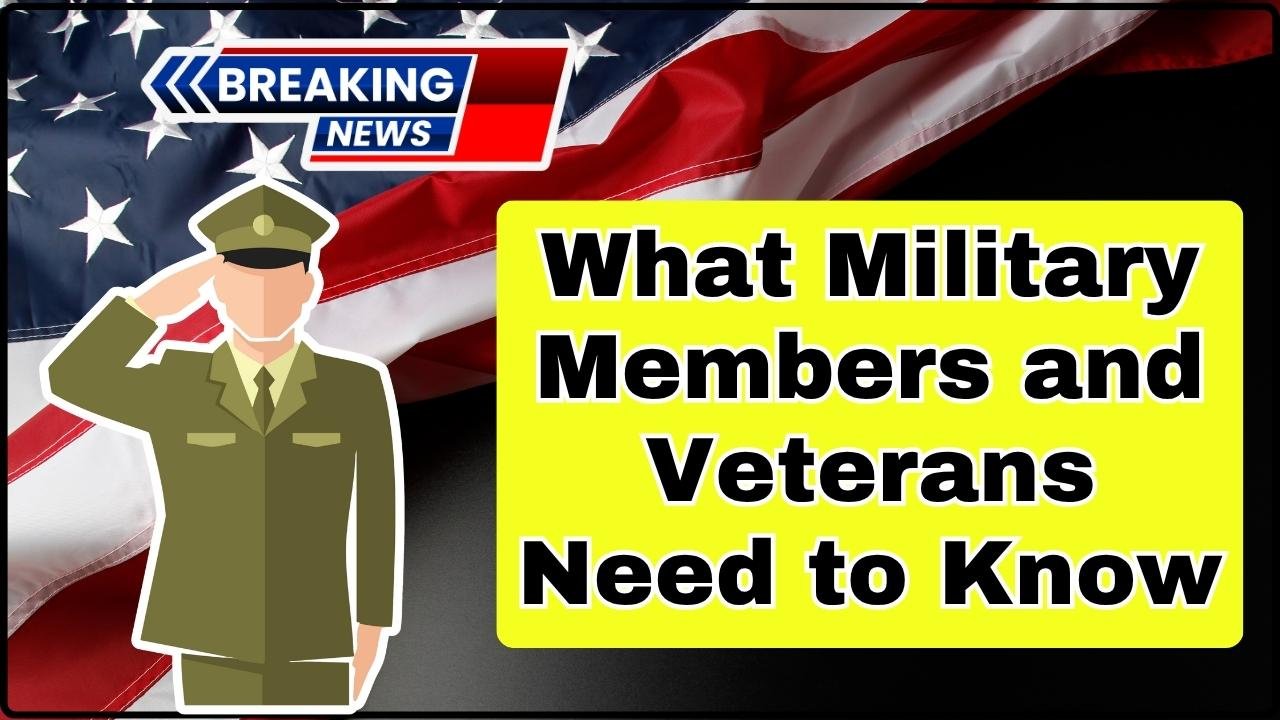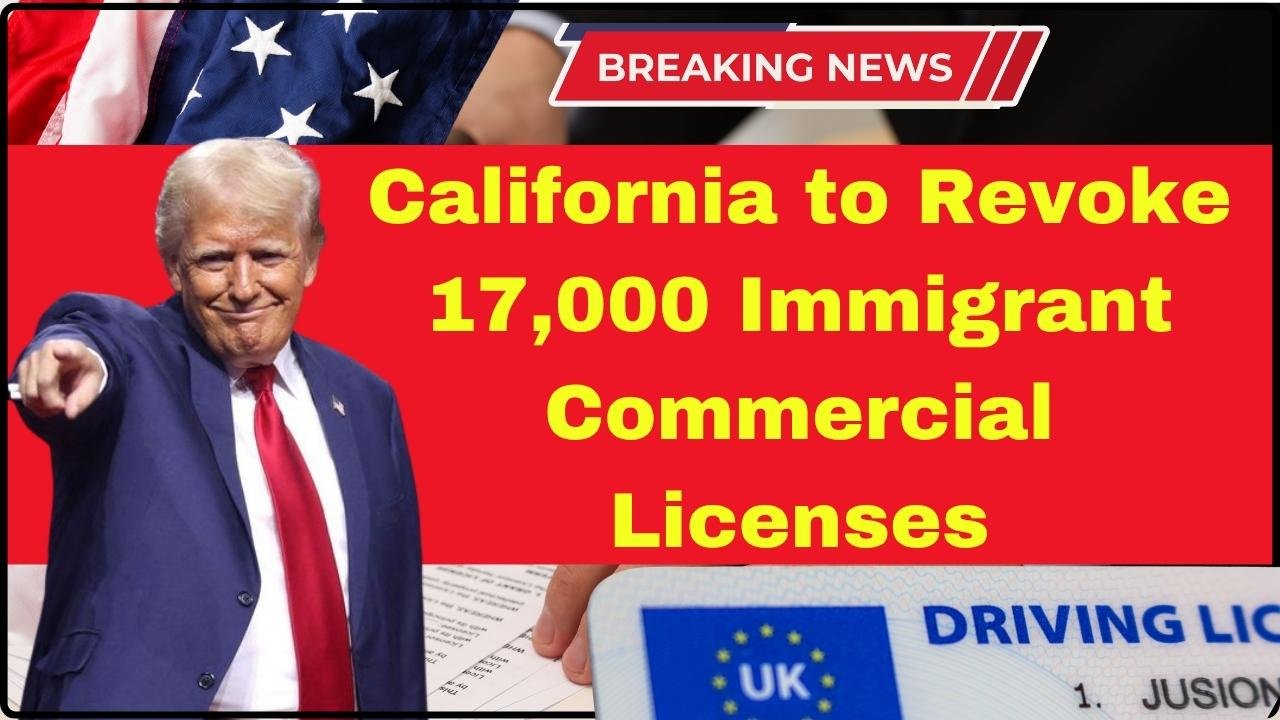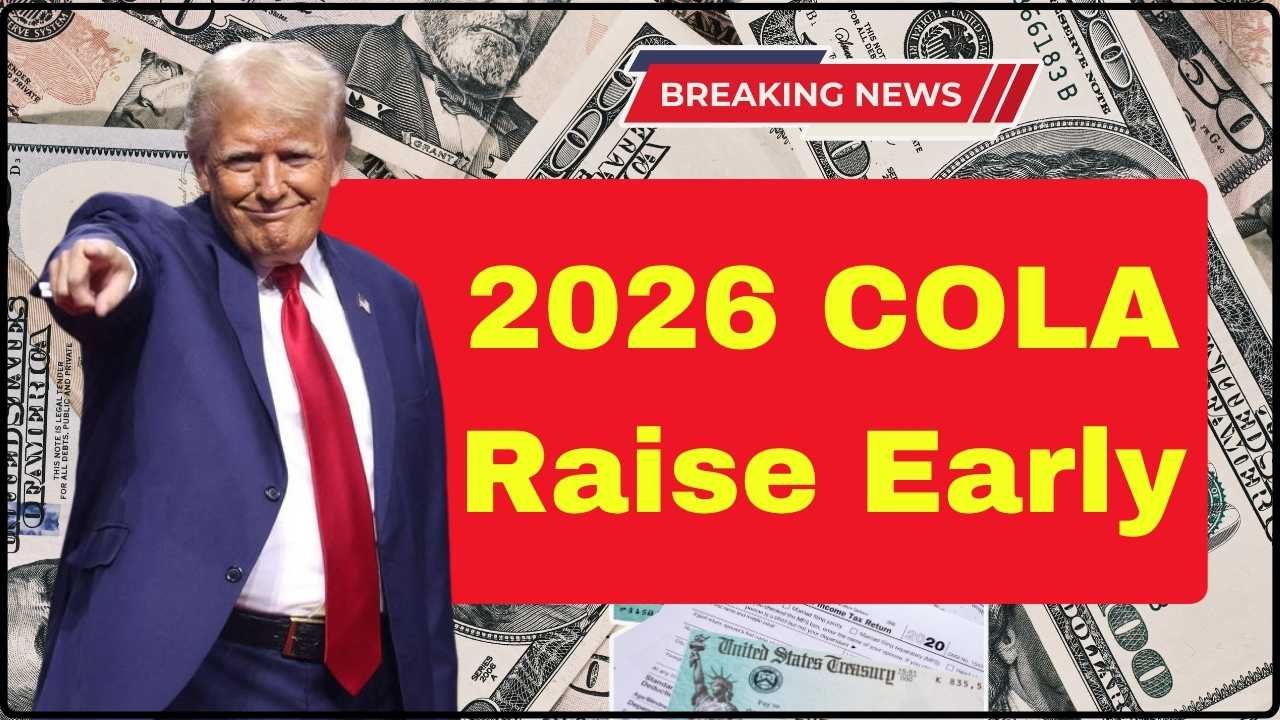Denied a Visa for Being Diabetic or Obese: If you’ve been scrolling social media or chatting with friends, you might have come across some alarming claims: that the U.S. government is outright denying visas to people just because they have diabetes or are obese. This topic has sparked anxiety and confusion, especially among students, workers, and families who dream of moving to America for better opportunities. So, what’s the real scoop behind these viral rumors? Let’s dive deep into the details of the updated U.S. visa rules, explain the context with clear examples, and share practical tips so you can confidently prepare your visa application without fear.
Denied a Visa for Being Diabetic or Obese
The U.S. government’s updated approach to visa health screening focuses on ensuring new arrivals don’t become dependent on public benefits, adding a layer of scrutiny for conditions like diabetes and obesity. However, these policies don’t automatically bar entry for applicants with such conditions. Demonstrating good health management, sound financial resources, and providing comprehensive documentation are crucial. Don’t let viral claims scare you. Understand the policy in detail, prepare thoroughly, and seek expert guidance. Your path to an American visa may be more challenging, but with the right approach, your dream remains alive.

| Key Point | Details |
|---|---|
| Health Conditions Evaluated | Diabetes, obesity, heart disease, cancer, respiratory/mental health issues |
| Basis of Public Charge Rule | Assess risk of reliance on public health or social programs |
| Impacted Visa Types | Permanent residency, student, work, and tourist visas |
| Financial Proof Required | Proof of ability to cover medical costs without government assistance |
| Exemptions | Refugees, asylum seekers, victims of trafficking, and humanitarian cases |
| Concerns Raised | Potential discrimination, inconsistent subjective judgments |
| Official Resources | U.S. Embassy & Consulates |
What’s Changing with Visa for Being Diabetic or Obese?
In 2025, the U.S. government revived and strengthened enforcement of the public charge rule for visa applicants. Unlike earlier policies focused mainly on transmissible diseases, the current guidelines explicitly consider chronic health conditions such as:
- Diabetes
- Obesity
- Heart and cardiovascular diseases
- Cancer
- Respiratory conditions
- Mental health issues requiring long-term treatment
The key question officials now ask is: Will this applicant likely become dependent on publicly funded healthcare or benefits in the U.S.?
This shift reflects rising healthcare costs and the government’s aim to prioritize immigrants who are financially self-sufficient. The public charge rule’s broader enforcement means visa officers undertake a holistic assessment of an applicant’s health and finances.
How the Public Charge Rule Works Today: A Detailed Look
The public charge rule dates back decades but was reinvigorated by a 2025 policy memorandum reaffirming strict application, especially for those applying for green cards or immigrant visas.
Under this rule, U.S. consular officers assess the applicant’s:
- Health Status: Whether existing medical conditions necessitate long-term or costly care that could strain public resources.
- Age: Older applicants may require additional scrutiny due to anticipated health care needs.
- English Proficiency: To evaluate employability and independence.
- Financial Background: Income, savings, and insurance coverage are reviewed.
- Historic Use of Public Benefits: Past or current use of Medicaid, SNAP, housing vouchers, or cash assistance is examined.
- Sponsor Support: The presence of an affidavit of support from a U.S. sponsor showing financial backing can aid approval.
If an applicant’s condition or life situation signals a high likelihood of using federal or state aid, visa denial is possible unless the person clearly proves financial independence.

Real-World Impact: What This Means for Diabetes and Obesity
People with diabetes or obesity are not automatically rejected. Instead, the government evaluates how well-controlled the condition is and if the person can afford ongoing medical care. For example:
- Diabetic applicants need to prove they manage their condition effectively through medication, regular doctor visits, and monitoring.
- Obese individuals might show no severe complications or the means to cover potential treatment costs.
A student applicant with Type 1 diabetes who presented consistent medical records and private insurance coverage recently won visa approval, highlighting the importance of thorough documentation.
Practical Guide to Navigating Visa Applications with Chronic Health Conditions
- Research Your Condition’s Expected Costs: Understand your treatment needs and expenses in the U.S.
- Consult Immigration and Medical Experts: A visa consultant or immigration attorney can help tailor your application.
- Collect Medical Documentation: Include recent lab tests, prescriptions, and doctors’ letters confirming your stable condition.
- Prepare Financial Documents: Provide bank statements, proof of private insurance, and affidavits from U.S. sponsors if available.
- Complete Required Medical Exams: Only authorized panel physicians conduct these, assessing your overall health.
- Stay Current on Policy Updates: Immigration rules evolve fast; follow official sites.
- Be Transparent and Optimistic: Fully disclose your health background while emphasizing effective management and self-sufficiency.

Why Is This Rule Controversial?
Critics of the public charge rule argue it:
- Discriminates against applicants with disabilities or chronic illnesses.
- Forces visa officers, who lack medical training, to make subjective judgments.
- Disproportionately affects applicants from countries with high chronic disease rates.
- Runs counter to America’s ethos of welcoming immigrants, particularly vulnerable individuals.
The subjective nature of these decisions has led to inconsistent approvals and concerns raised by advocacy groups.
US Visa Waiver Program 2025 Just Updated; Here’s Who Can Now Enter America Without a Visa
Justice Hantz Marconi Steps Back From All Cases; Still Set to Collect $111K Pension in February
IRS Announces 2026 Retirement Contribution Limits; Here’s What’s Changing for Your 401(k) and IRA
Additional Context: Fees, Electronic Payments, and Policy Trends
Beyond health evaluations, recent rules introduced a $100,000 visa integrity fee applicable to some H-1B visa petitions starting September 2025, emphasizing the government’s push for visa application oversight and compliance. Additionally, USCIS has mandated electronic payments for all filing fees, moving away from paper checks to streamline processing.
These measures indicate a broader trend toward stricter enforcement and detailed vetting of visa applicants’ qualifications, including health and financial stability.






